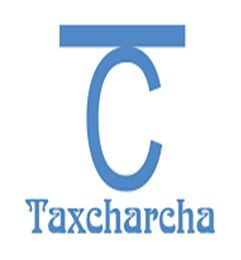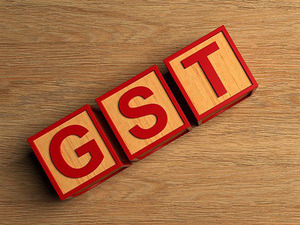Ruling :
The activities performed by the employees at the corporate office in the course of or in relation to employment such as accounting, other administrative and IT system maintenance for the units located in the other states as well i.e. distinct persons as per Section 25(4) of the Central Goods and Services Tax Act, 2017 (CGST Act) shall be treated as supply as per Entry 2 of Schedule I of the CGST Act and would attract GST.
The question before the AAR:
“Whether the activities performed by the employees at the corporate office in the course of or in relation to employment such as accounting, other administrative and IT system maintenance for the units located in the other states as well i.e. distinct persons as per Section 25(4) of the Central Goods and Services Tax Act, 2017 (CGST Act) shall be treated as supply as per Entry 2 of Schedule I of the CGST Act or it shall not be treated as supply of services as per Entry 1 of Schedule III of the CGST Act?”.
Facts:
- The Applicant is a private limited company and is an international healthcare group operating a chain of modern hospitals across Asia. The Company is currently operating across six different states having eleven hospitals out of which six units are in the state of Karnataka.
- The applicant has its India Management Office (“IMO”) i.e Corporate Office in Karnataka and some of the activities for all the units with respect to accounting, administration and maintenance of IT system are carried out by the employees from IMO which forms part of the registered person in Karnataka.
- The applicant provides an example on how the services are apportioned and the same reads as under:
If the Company has received rental services amount to Rs.1,00,000 plus GST of Rs.18,000, which are towards management office. The Company in Bangalore would avail the input tax credit to the extent of Rs.18,000-00 and subsequently the Company, Bangalore would raise invoices on other units for an amount determined on the basis of turnover of respective unit to the total turnover of all the units in the said tax period and the applicable GST is discharged on the same.
Assuming the turnover of Company, Pune is Rs.10,00,000 and the total turnover of all units is Rs.1 Crore, then the value of the invoice is determined as follows
| Rental Services received at IMO * Turnover of Pune | |
| Total turnover of all Units | |
| = 100000 * 1000000 | = Rs.10,000-00 |
| 10000000 | |
Therefore, Company in Bangalore would raise an invoice for Rs.10,000-00 on the Company in Pune and discharge the applicable GST on this amount.
4. However, the applicant states, with respect to employee cost there are no invoices raised by the management office treating the same as activities carried out by employees in the course of or in relation to his employment which does not amount to supply of services.
Findings & Discussions:
Regarding the applicability of entry No.2 of Schedule I to the activities of accounts and management done by the IMO for the individual units located both within the State and also outside the state, the following is observed:
The entry 2 of Schedule I, which deals with the activities that are to be treated as supplies even if made without consideration, reads as under:
“2. Supply of goods or services or both between related persons or between distinct persons as specified in section 25, when made in the course or furtherance of business”
After considering the definition of “related persons” it can be said that the IMO is covered under one registration in the state of Karnataka and the units are covered under different registrations, and the units are controlled by the IMO, they both are related persons. By implication, any supply of goods and services from IMO to the separately registered units would amount to supply of goods and services, even if made without consideration.
Further the second issue related to the activities performed by the employees at the corporate office in the course of or in relation to employment, the employees employed in the Corporate Office are providing services to the Corporate Office and hence there is an employee-employer relationship only in the IMO. The other offices are distinct persons and therefore the employees in the IMO have no employer employee relationship with other offices.
Thus, the services like administrative, management and IT provided by the employees of the Corporate Office to the Other units offices are taxable under the GST regime.

